Worst Education Advice | The Minimalists Ep. 501
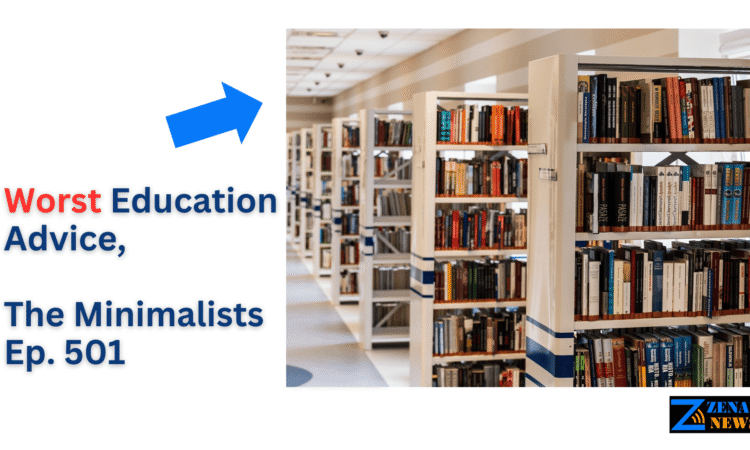
<?xml encoding=”UTF-8″>
Exploring the Path Less Traveled: Rethinking Education
Howdy, folks! Welcome to our Minimalist Podcast, where we dive into how to live big with less baggage. I’m Joshua Fields Milburn, and my pal TK Coleman is here too. Today, we’ve got a special guest, Isaac Morehouse from Open Ed. He’s shaking up how we think about education with his new book, Open Education.
We’ve scooted our ‘More About Less’ chat to the top of the list for Isaac’s pearls of wisdom. Don’t forget, you can catch the full episode on Patreon. Cheers to our supporters for keeping us ad-free. Let’s jump right into this eye-opening convo!
The Broken System of Traditional Education
Isaac, this line from Jed McKenna’s Jed Talks Volume 3 really hit home.
McKenna argues our early years are wasted on fitting in rather than exploring the unknown. What’s your view?
Isaac: I’m all about what folks can change. We might not flip the whole system on its head, but we can lift up our kids. The pandemic opened many parents’ eyes to the flaws of standard schooling and the magic of personalized learning.
That’s a game changer. Education should spark curiosity and boost critical thinking, not cram us into one-size-fits-all boxes. The usual system loves its rote memorization and standardized tests, but they can smother creativity and innovation.
The rigidity of traditional education often sidelines the unique talents and interests of students. Instead of nurturing individual strengths and encouraging exploration, the system tends to prioritize conformity and compliance.
This approach can leave many students disengaged and uninspired, merely going through the motions without truly absorbing or appreciating the knowledge being presented.
Imagine a world where education is tailored to the individual, where a student’s natural inclinations are the foundation for their learning path. Such an environment would not only foster a love of learning but also prepare students to think critically and creatively, equipping them for a rapidly changing world.
Shifting Perspectives on Learning
TK: The idea of school as a hideout strikes a chord. It pretends to be all about learning while squashing creativity.
Many folks discovered during the pandemic that true learning happens beyond school walls, exposing the old-school model’s flaws. Learning as a lifelong, holistic journey often gets lost in the rigid setup of traditional schooling.
From personal tales, homeschooling has let my daughter blossom, making real connections outside the age-segregated bubble. This fresh view shakes up the old ways and pushes for a more all-around educational approach. It stresses the need for flexible learning spaces that fit individual quirks and interests, making learning more engaging and relevant.
Such an approach transforms education into a dynamic process, one that evolves with the learner. By integrating real-world experiences and focusing on practical skills, we can dismantle the barriers that separate traditional education from the evolving demands of the global economy. This not only empowers students but also prepares them to be adaptive, lifelong learners who are ready to tackle the challenges of the future with confidence and competence. Encouraging students to pursue knowledge based on their interests can revolutionize how they perceive education, shifting it from a chore to an adventure.
Rethinking Socialization and Networking
The usual school system’s idea of socializing is kind of odd historically.
It tends to box students into age-based groups, putting a damper on their social growth. On the flip side, homeschooling encourages mingling across age groups, prepping kids for the real world. This approach not only boosts social savvy but also nurtures empathy and understanding across different ages and backgrounds.
This wider view spills over into college networking. While it’s known for horizontal networking, it’s the vertical ties that enrich our lives.
Homeschoolers often ace this, comfortably mingling with people across generations. This knack for connecting with a diverse crowd is a goldmine in today’s interconnected world, where teamwork and chatting are keys to success.
The ability to communicate and collaborate with people of varying ages and backgrounds is an invaluable skill in today’s globalized society. By fostering environments where such interactions are commonplace, we not only prepare students for the professional world but also cultivate a culture of mutual respect and understanding. This approach challenges the conventional wisdom that age-based grouping is necessary for effective socialization and instead underscores the value of diverse interactions in developing well-rounded individuals.
The Illusion of Student Loans
TK: The advice to dive into debt for education is tricky. Loans are often sold as surefire bets, but they lack the solid backing you’d expect in other money matters. Many grads find themselves neck-deep in debt, realizing too late their education didn’t pave the way to success. The weight of student loans can be crushing, so it’s crucial to weigh the cost versus the payoff when eyeing higher education.
It’s smart to treat education investments like any other.
Ask, “Is this really where my money should go?” Question if a degree is a must for your career. Often, skills and hands-on experience can outshine formal education, opening doors thought to be shut. In a fast-paced job market, practical skills and adaptability often trump a degree. Grasping the real cost and possible perks of higher education is key to making wise choices.
As the job market continues to evolve, the emphasis on degrees as the primary measure of competence is diminishing. Employers are increasingly valuing practical skills, experience, and the ability to adapt to changing circumstances. By reassessing the necessity of traditional higher education and exploring alternative pathways, individuals can avoid the financial burden of student loans while still acquiring the skills and experience necessary for success. This mindset encourages a more pragmatic approach to education, where the focus is on outcomes rather than credentials.
The Teacher’s Role in an Evolving System
Teachers are priceless, but the system heaps too much on them as the end-all authority.
Encouraging a questioning mindset and crafting a space where asking is the norm can break this cycle. Real-world learning means knowing many questions don’t have simple answers. Teachers should guide students, sparking their journey and boosting critical thinking and problem-solving skills.
Moreover, letting teachers tweak their teaching to fit their students’ needs can lead to richer learning moments. This wiggle room can bridge the gap between old-school education and today’s needed skills, raising a generation ready to tackle the modern world’s twists and turns.
Empowering teachers to innovate and personalize their teaching methods can transform the educational landscape, creating classrooms that are dynamic and responsive to the needs of individual students. By valuing teachers as facilitators of learning rather than mere transmitters of information, we can cultivate a more engaging and effective educational experience that prepares students not only academically but also socially and emotionally for the complexities of modern life.
Embracing Curiosity and Happiness
Curiosity isn’t a sidetrack; it’s a must for growth. Nudging kids to chase their interests leads to true understanding and joy. Likewise, happiness isn’t about hoarding everything you think you want.
It’s about finding joy in the ride. Education should be a quest for discovery, where students are nudged to chase their passions and cultivate a love for learning.
As we wrap this segment, think about how you can use these insights in your learning journey or your kids’. Embrace the freedom to explore and redefine what learning means to you. The path to meaningful education lies in building spaces that nurture curiosity, spark creativity, and kindle a lifelong love for discovery.
Join us for more chats on the Minimalist Podcast, and remember, love people and use things, because the opposite never works. Education isn’t just about soaking up knowledge; it’s about laying the groundwork for a fulfilling and purposeful life. By rethinking our approach to education, we can carve out chances for meaningful growth and development that stretch beyond the classroom.
In conclusion, the journey to redefining education is one that requires a collective effort from educators, parents, and learners alike. By challenging the traditional norms and embracing a more flexible, curiosity-driven approach, we can create a system that truly serves the needs of every individual.
This not only enhances personal development but also fosters a society that values creativity, empathy, and innovation, paving the way for a brighter, more inclusive future.
Recommended Story: Unlocking Wealth – Robert Kiyosaki’s Five Financial Smarts
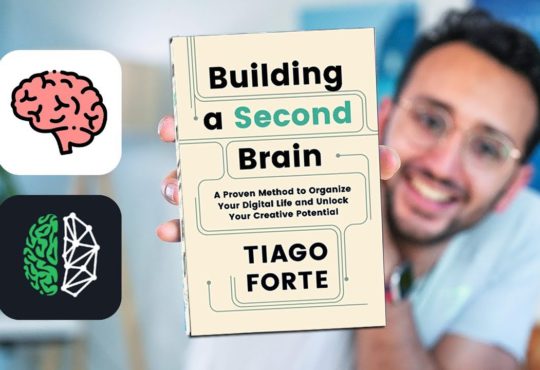

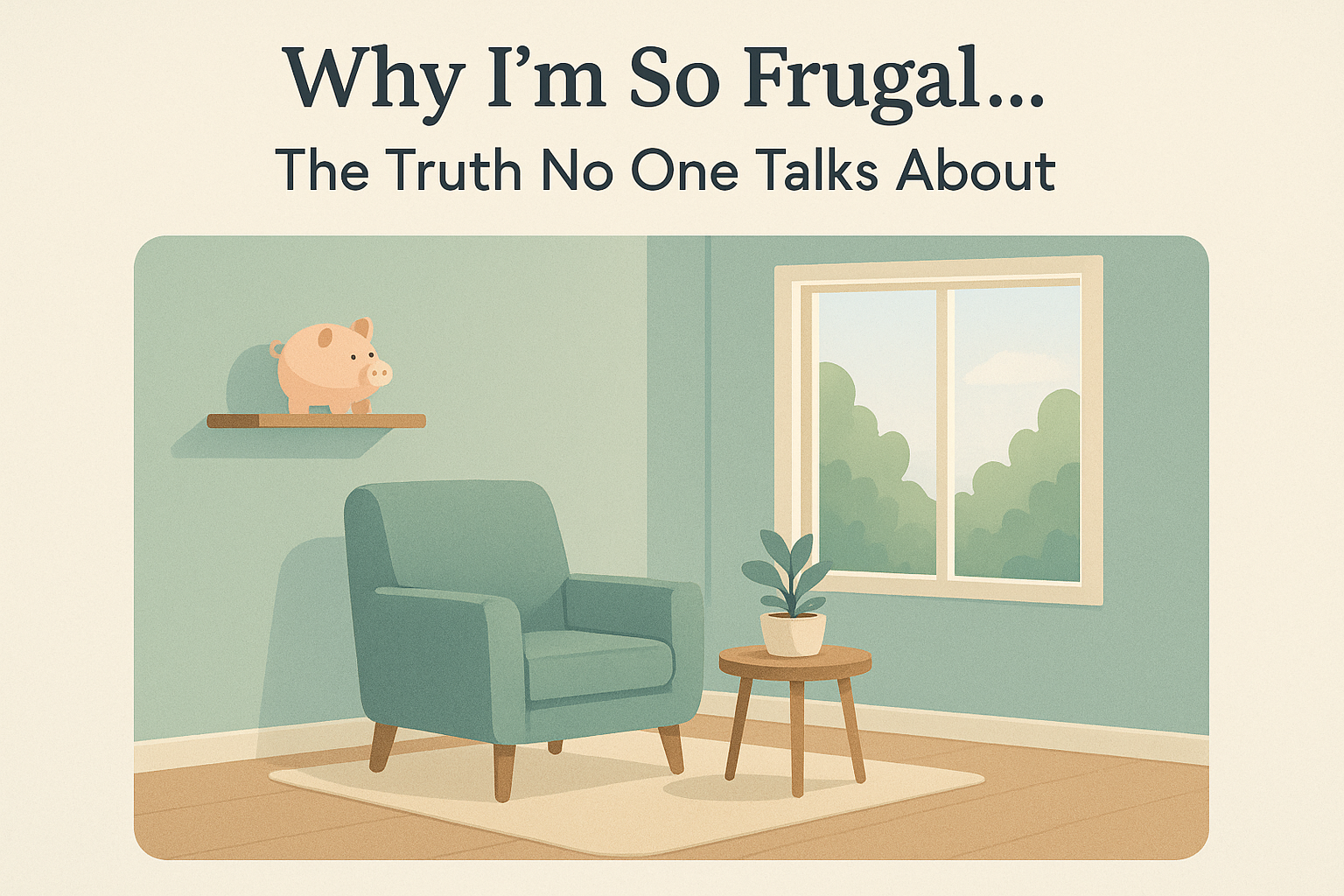




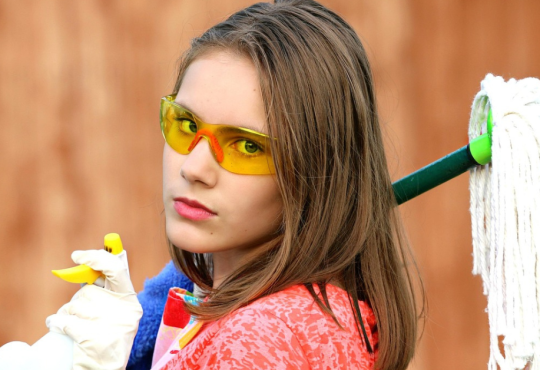




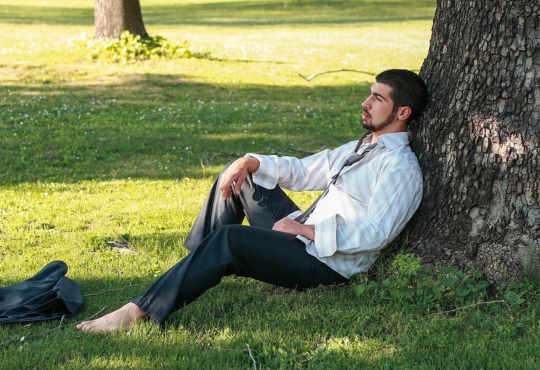


[…] High-income skills like digital marketing or coding are your ticket to higher earnings. Invest some cash in courses. These skills open doors to freelancing, higher salaries, or even starting your own gig. It’s an investment in your future that pays dividends. […]